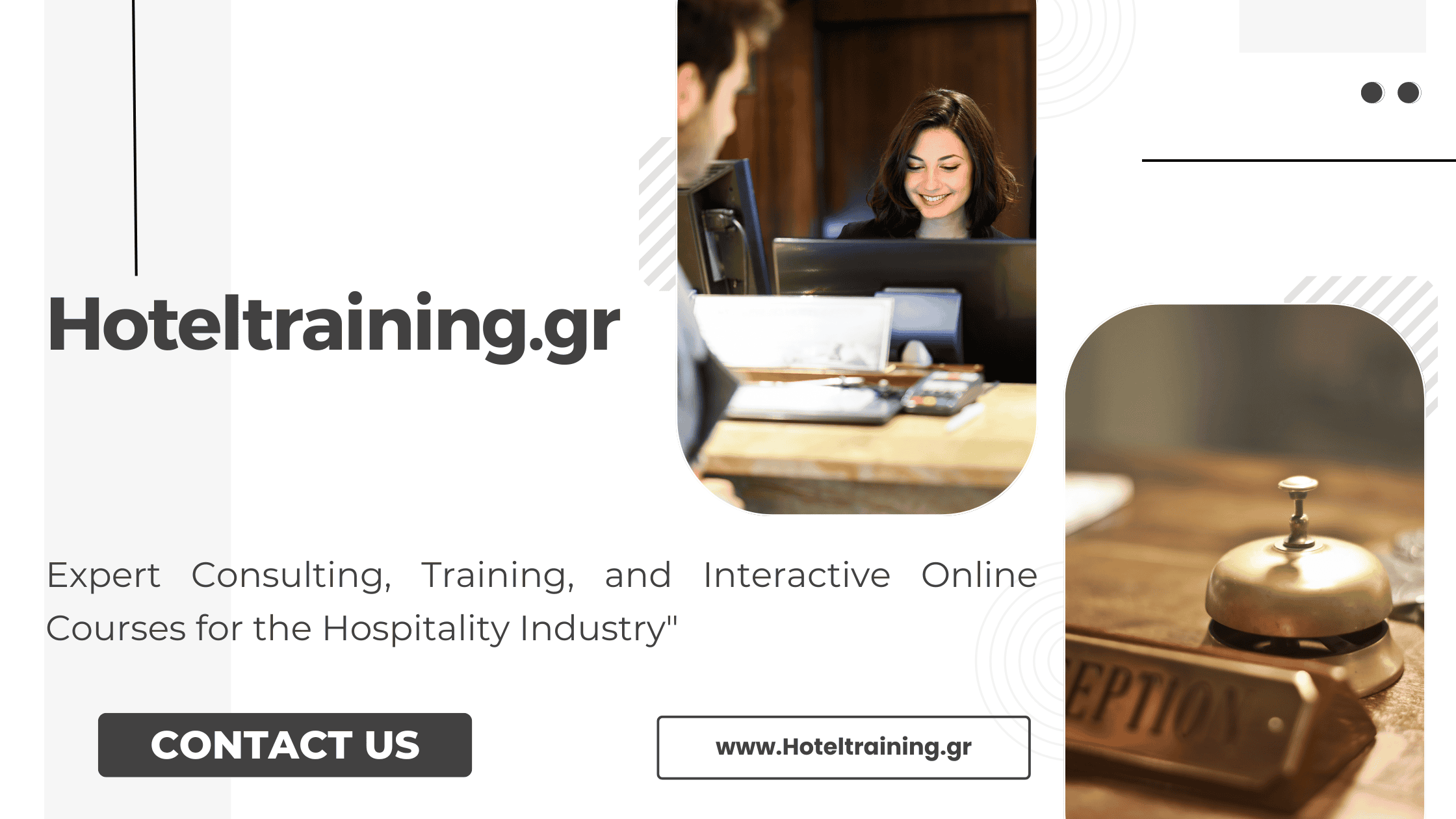The Evolution of Hospitality Education: Opportunities and Innovations in Online Learning

The landscape of hospitality education is undergoing a significant transformation, driven by the rapid expansion of online learning platforms. As the global e-learning market continues to soar, hospitality courses have emerged as a vital tool for professionals seeking to enhance their skills and knowledge in a dynamic industry. This shift towards digital education has been accelerated by the COVID-19 pandemic, which highlighted the need for flexible, accessible, and innovative learning solutions. In this article, we will explore the current state of online hospitality courses, examining the latest trends, challenges, and opportunities. We will also identify key players in the market, provide a short and long-term industry forecast, and consider the potential impact of current events and future developments on this evolving field.
- Increased Enrollment: The COVID-19 pandemic significantly boosted the demand for online education, including hospitality courses. Students and professionals alike sought to upskill or reskill during lockdowns.
- Focus on Flexibility and Accessibility: Online hospitality courses offer flexibility in terms of timing and location, making them accessible to a broader audience, including working professionals.
- Integration of Technology: Virtual reality (VR) and augmented reality (AR) are increasingly being used to simulate real-world hospitality scenarios, enhancing the learning experience.
- Microlearning and Modular Courses: There is a trend towards shorter, modular courses that allow learners to gain specific skills quickly and efficiently.
- Emphasis on Sustainable Practices: Courses are increasingly focusing on sustainable and eco-friendly practices within the hospitality industry, reflecting broader industry trends.
Challenges
- Maintaining Engagement: Online courses often struggle with keeping students engaged and motivated, which can lead to high dropout rates.
- Hands-On Experience: Hospitality is a field that traditionally relies heavily on hands-on experience, which is difficult to replicate online.
- Quality Assurance: Ensuring the quality and credibility of online courses can be challenging, especially with the proliferation of various providers.
- Technological Barriers: Access to necessary technology and reliable internet can be a barrier for some students.
Opportunities
- Global Reach: Online courses can attract a global audience, allowing institutions to reach students who might not have been able to attend in person.
- Partnerships with Industry: Collaborations with hotels, restaurants, and other hospitality businesses can provide practical insights and potentially offer internship or job placement opportunities.
- Personalized Learning Paths: Utilizing AI and data analytics to create personalized learning experiences can improve student outcomes and satisfaction.
- Expansion of Curriculum: Online platforms can continuously update and expand their curriculum to include the latest industry trends and innovations.
Relevant Data and Statistics
- Market Growth: The global e-learning market is projected to grow from USD 226.60 billion in 2020 to USD 374.3 billion by 2026, at a CAGR of 8.56%.
- Completion Rates: Online course completion rates vary widely but are generally lower than traditional in-person courses, with rates often cited between 10-20%.
- Demographics: The majority of online learners are working professionals seeking to advance their careers or switch fields.
Key Players
- Coursera: Offers hospitality courses in collaboration with top universities like Yale and the University of Pennsylvania.
- edX: Provides a range of hospitality courses from institutions like Cornell University and the University of Queensland.
- Udemy: Hosts a variety of hospitality courses focusing on practical skills and industry certifications.
- Hoteltraining.gr Specializes in hospitality mini courses in Greece and Cyprus
- FutureLearn: Partners with international universities to offer hospitality courses, focusing on global trends and practices.
- Hospitality Academy: Specializes in hospitality management courses with a focus on practical skills and industry readiness.
Short and Long-Term Industry Forecast
Short-Term (1-3 years)
- Continued Growth: The demand for online hospitality courses is expected to remain strong as the industry recovers from the pandemic and as remote learning becomes more normalized.
- Enhanced Technology Use: Increased use of VR/AR and AI in course delivery will enhance learning experiences.
- Focus on Reskilling: There will be a continued emphasis on reskilling and upskilling due to shifts in the job market and technological advancements.
Long-Term (3-10 years)
- Hybrid Models: A blend of online and in-person learning will become more prevalent, providing the benefits of both formats.
- Globalization of Education: Online courses will continue to break down geographical barriers, leading to a more diverse and international student body.
- Sustainability Education: There will be a greater emphasis on sustainability and eco-friendly practices in hospitality courses, reflecting industry trends and consumer demand.
Impact of Current Events and Future Developments
- Economic Recovery Post-Pandemic: As the global economy recovers from the COVID-19 pandemic, the hospitality industry is expected to rebound, driving demand for skilled professionals and, consequently, hospitality education.
- Technological Advancements: Continued advancements in technology will provide new tools and methods for delivering effective online education, making it more interactive and engaging.
- Sustainability and Ethical Practices: Growing awareness and emphasis on sustainability and ethical practices within the industry will shape course content and focus areas.
- Regulatory Changes: Changes in education policies and regulations could impact the accreditation and recognition of online courses.
The online hospitality education sector is poised for significant growth, driven by technological advancements, global demand for flexible learning options, and evolving industry needs. However, providers must address challenges related to engagement, hands-on experience, and quality assurance to fully capitalize on these opportunities.










